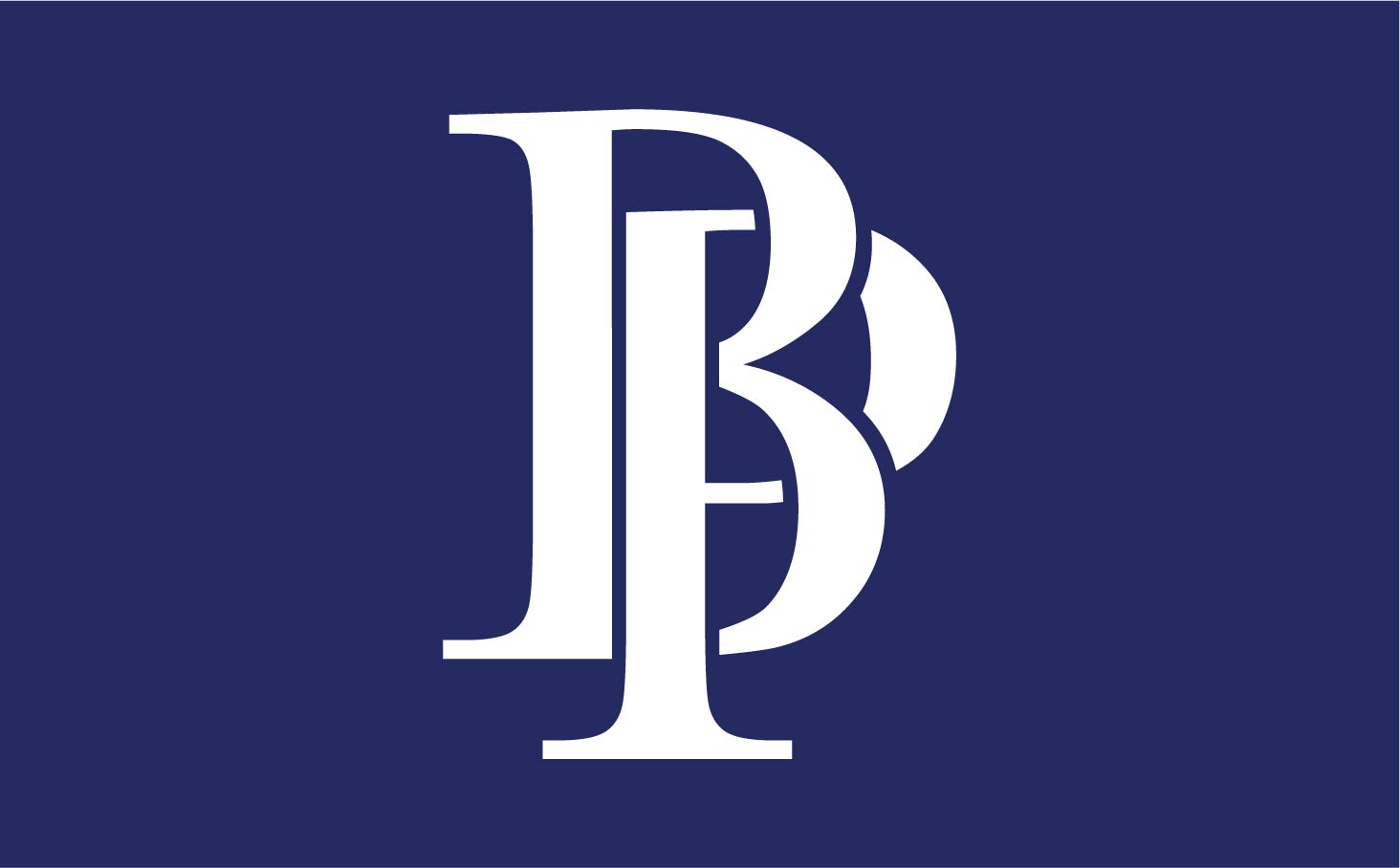
How Medical Testing Laboratories Must Comply with the Federal Ban on “Surprise Billing”
The “No Surprises Act” (“NSA”), which became effective on January 1, 2022, is federal legislation designed to protect patients from “surprise medical billing” that occurs when a patient receives services from a facility or provider which, unknown to the patient, is outside of his or her health plan’s network, resulting in unexpected out-of-network charges. Much of the discussion surrounding surprise medical billing has been focused on emergency services/treatment where the patient is unable to choose the medical provider.
However, the federal legislation also applies to non-emergency care provided at in-network hospitals, where patients receive services from out-of-network providers, such as clinical laboratories. Out-of-network clinical laboratories may no longer charge patients the difference between their full out-of-network charge and the patient’s in-network contracted rate, or “balance bill” as the practice is commonly referred to, for lab tests performed in certain settings. Given that many patients are unaware whether a lab test received was performed by an out-of-network laboratory, the new legislation poses unique operational and billing hurdles for out-of-network laboratories. Laboratories must consider the setting and context in which a patient’s test is ordered to determine whether or not they may balance bill a patie
Determining Whether a Non-Participating Laboratory is Subject to the NSA
Out-of-network laboratories must determine if they fall under the purview of NSA based on three factors.
First, the NSA does not apply to lab tests that are entirely excluded from the patient’s coverage. Although this is in one respect a beneficial exemption for laboratories (insofar as it permits billing the patient the full out-of-network charge for a given test), they now face the additional burden of determining whether or not a particular test is excluded by a particular patient’s insurance.
Second, laboratories must determine the context in which a test was ordered. If the test was ordered in the context of emergency services being rendered, or in connection with non-emergency services in a participating (in-network facility, the protections of NSA apply. This creates an additional hurdle for laboratories who generally are not privy to the specific context in which a test was ordered. Should a lab test be performed as part of an emergency service, regardless of whether the treating facility or provider is in-network, the laboratory is prohibited from billing the patient more than the in-network cost-sharing amount. However, when a test is performed pursuant to a non-emergency service, the ability of a lab to balance bill the patient depends on whether or not the facility/provider is in or out of network.
Applying this second factor is further complicated by NSA’s definition of “visit”, which includes the provision of lab services regardless of whether the laboratory is located at the facility. Labs are only subject to the NSA if the specimen is collected pursuant to a “visit” at a participating health facility and reviewed off-site. Labs are not subject to the NSA’s balance billing prohibition if a specimen is instead collected at the non-participating laboratory’s location.
Third, laboratories must determine whether the test originated from an in-network or out-of-network facility.
Independent Dispute Resolution for Providers and Insurers
Notwithstanding the above, the out-of-network laboratory can still bill the patient’s insurance for its services. The NSA thereby removes the patient as the intermediary between providers and insurers in their payment disputes and puts the onus for reimbursement negotiation on those with more equal bargaining power. The NSA provides an independent dispute resolution (“IDR”) process that goes into effect thirty (30) days after open negotiations fail and payment disputes are unresolved. The ultimate decision of the independent dispute resolution entity, which must be certified under the NSA, is binding on all parties.
Further, while the NSA allows providers to balance-bill patients should they obtain patient consent to do so, the legislation does not provide laboratories the ability to seek such consent.
Compliance with the NSA requires an in-depth understanding of the new law as well as greater communication among laboratories, providers, facilities, and health care insurers before bills for laboratory services are submitted. Among other steps, laboratory requisition forms and software should be modified to require the ordering provider to answer a matrix of questions that will determine if the NSA’s limitations on billing apply to the test being ordered.
Bleakley Platt’s Health Law Practice Group can assist in navigating the requirements of the NSA. For further information, contact Robert Braumuller or Zaina S. Khoury, at RBraumuller@bpslaw.com or ZKhoury@bpslaw.com